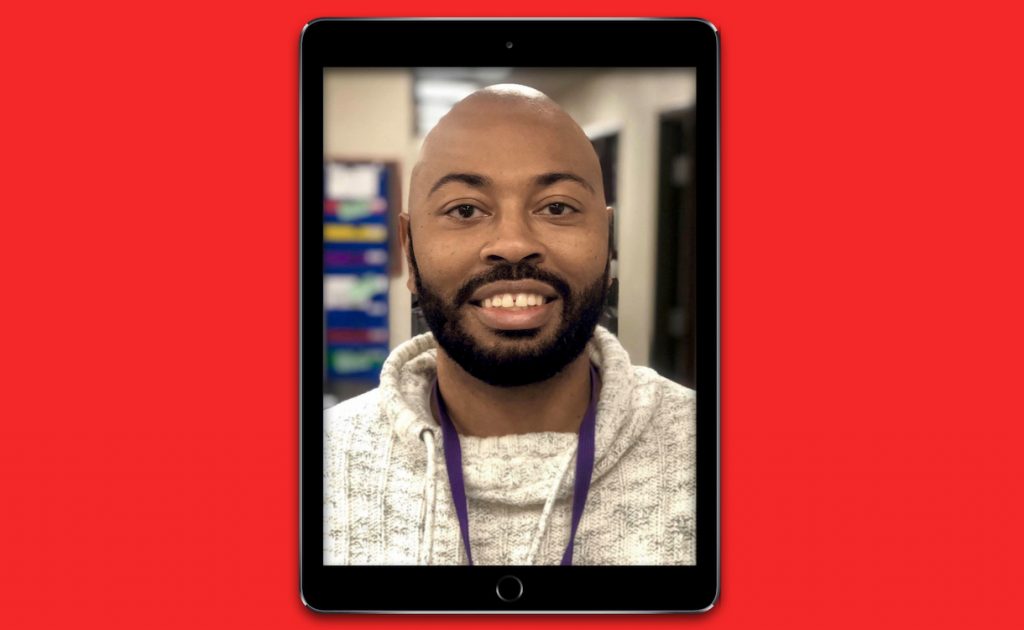
The “achievement gap” in standardized-test scores is often attributed to racial differences. However, a 2019 Stanford study found that “the association of racial segregation with achievement gaps is completely accounted for by racial differences in school poverty: racial segregation appears to be harmful because it concentrates minority students in high-poverty schools, which are, on average, less effective than lower-poverty schools.” This is something that fellow educators and I observe up close on a daily basis. At the same time, in affluent neighborhoods, minority educators face emboldened community members, who appear to be supporting bigotry under the guise of patriotism, echoing a call to make school curriculums more “pro American.” Teachers experience that parents and students have become more overtly racist since the protests this summer and in the run-up to the recent election. Minority teachers are the ones who notice it the most.
Tarael Kee, the president-elect of the Illinois School Counselors Association, speaks with me about these discrepancies and how some minority teachers are identifying bias in education that promotes various stereotypes. Tarael is also a high school counselor in Collinsville Illinois and has worked as an educator for 15 years. He is currently working on his doctorate in educational leadership and writes for the Illinois School Counselor Association about mental health-related topics
In this episode, we identify several biases that play a crucial role in maintaining systemic racism in education in America. We also discuss the impact of gerrymandering on school funding and how COVID-19 has increased pressure on children in poverty.
—William Jeffery is curating Flipboard EDU Podcast
“Coach Jeffery” is an award-winning digital learning educator and assistant principal at Columbia High School in Texas. His tech pedagogy continues to drive him to curate educational content on Flipboard that highlights teaching strategies, edtech, and ways to improve student success. He started co-hosting the “Flipboard EDU Podcast” as yet another way to share resources with his peers.

